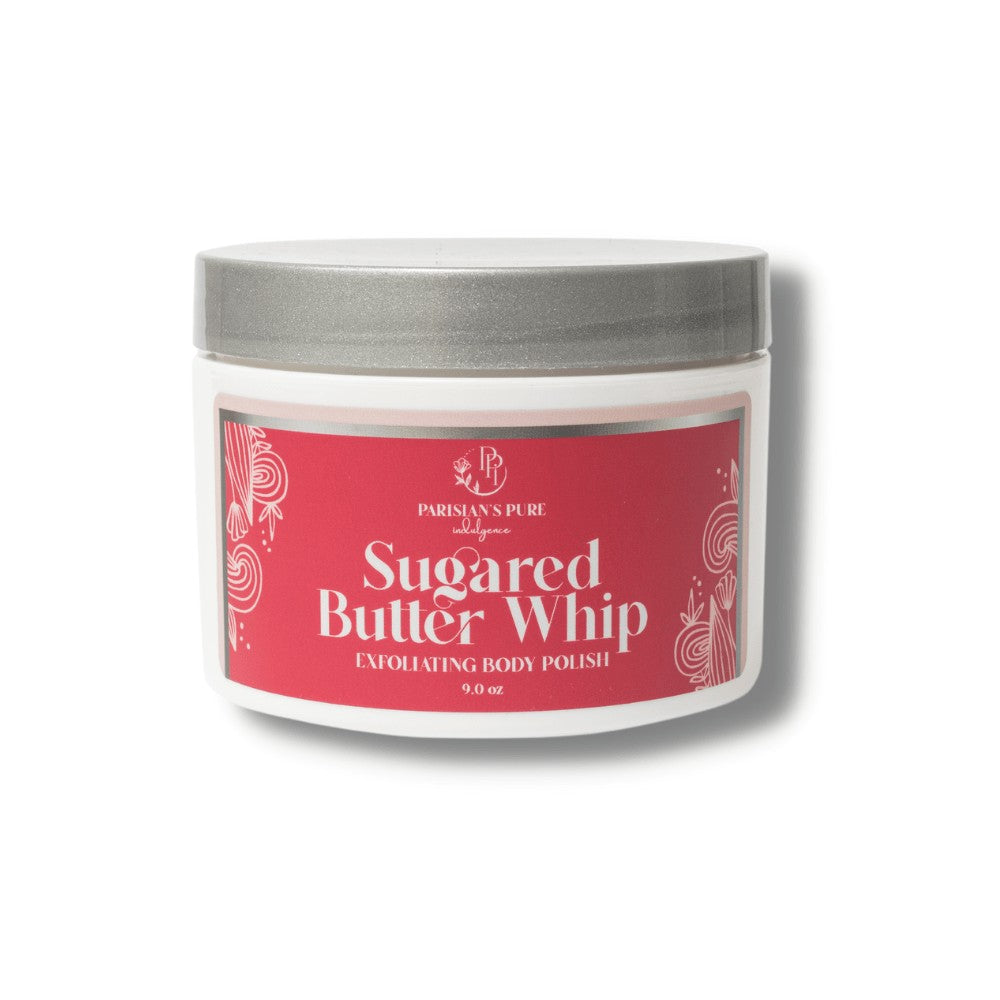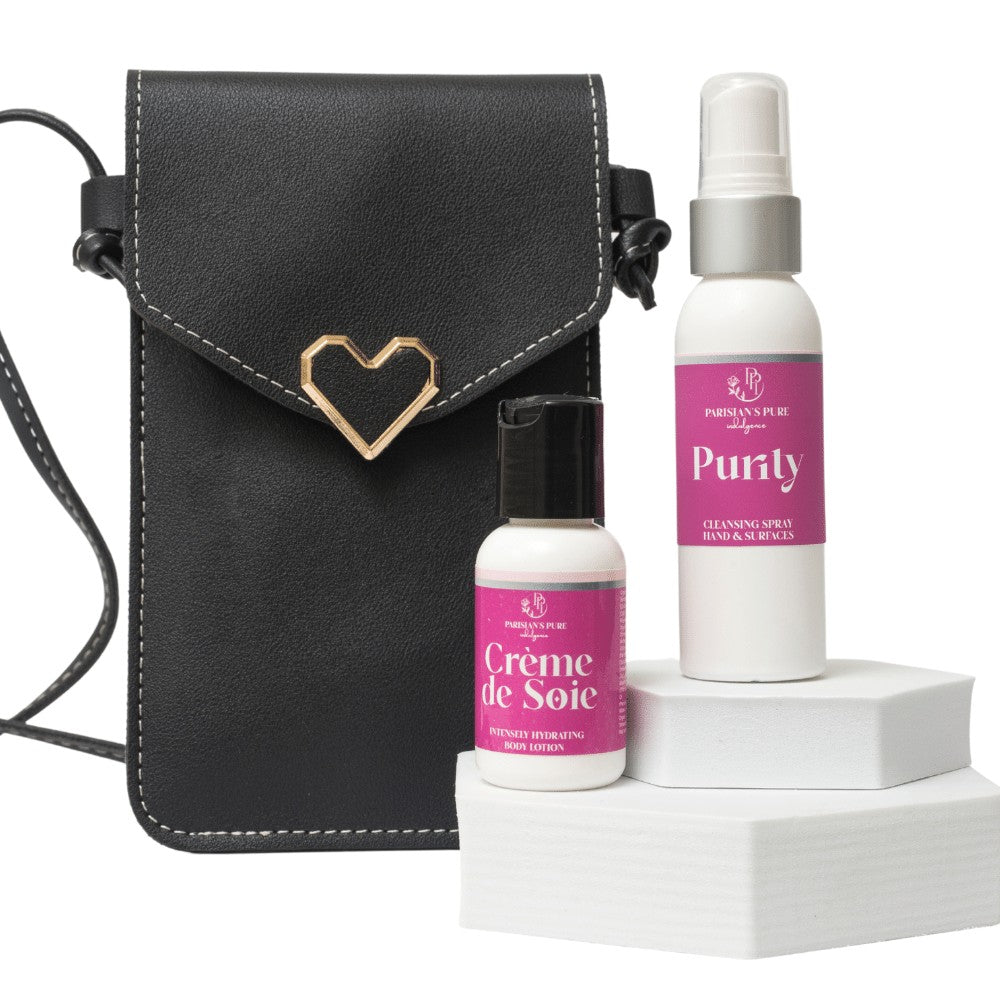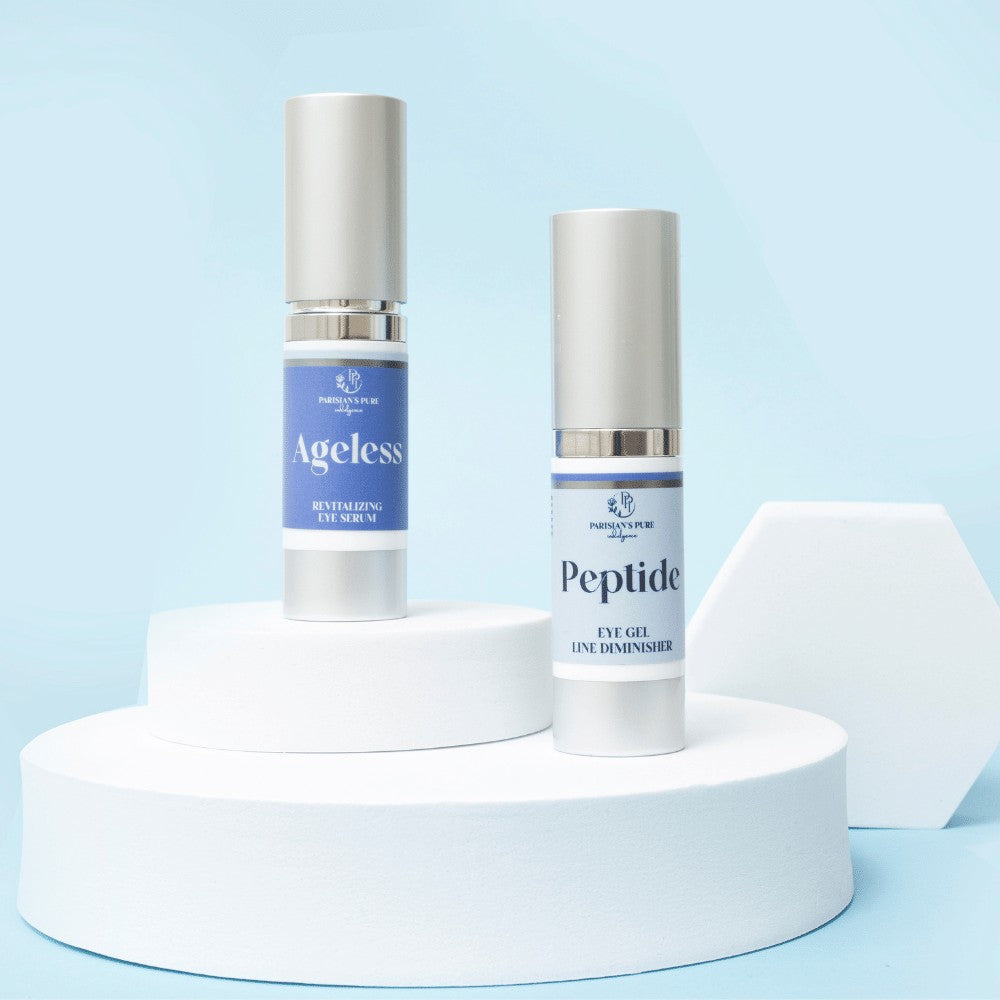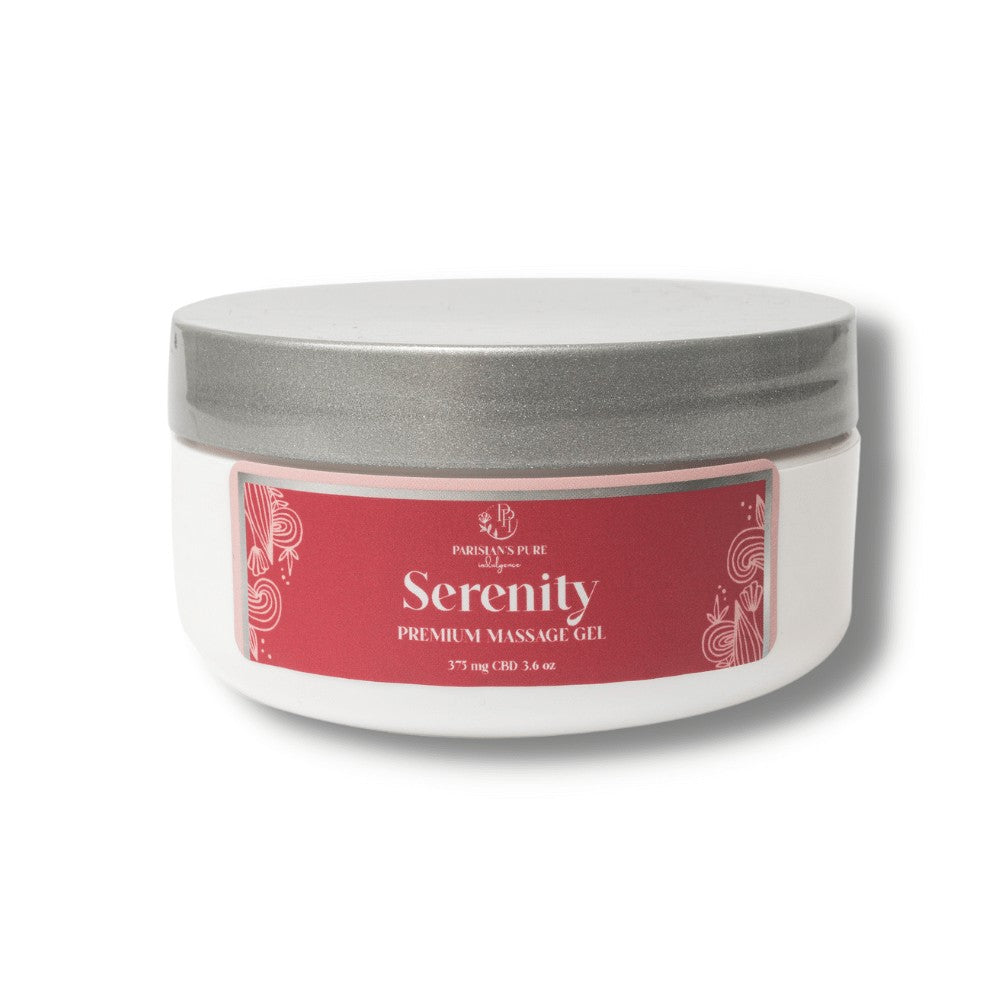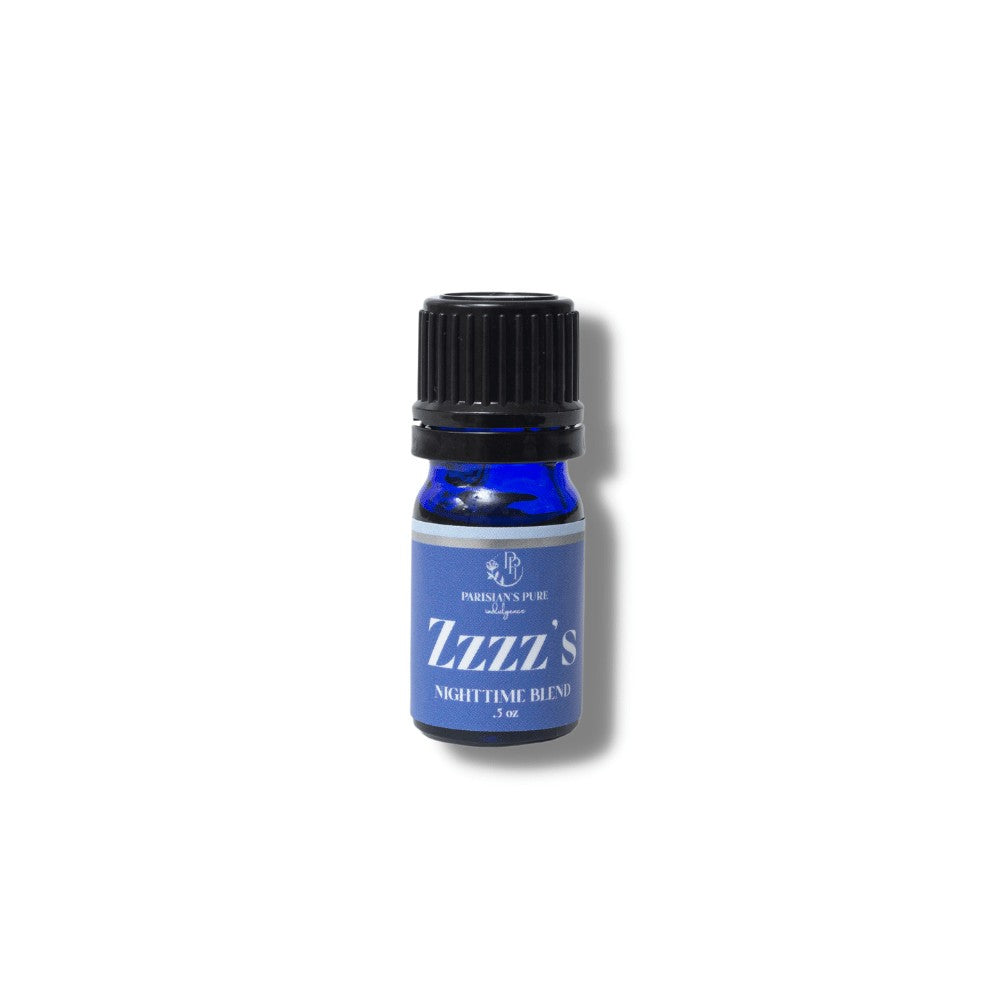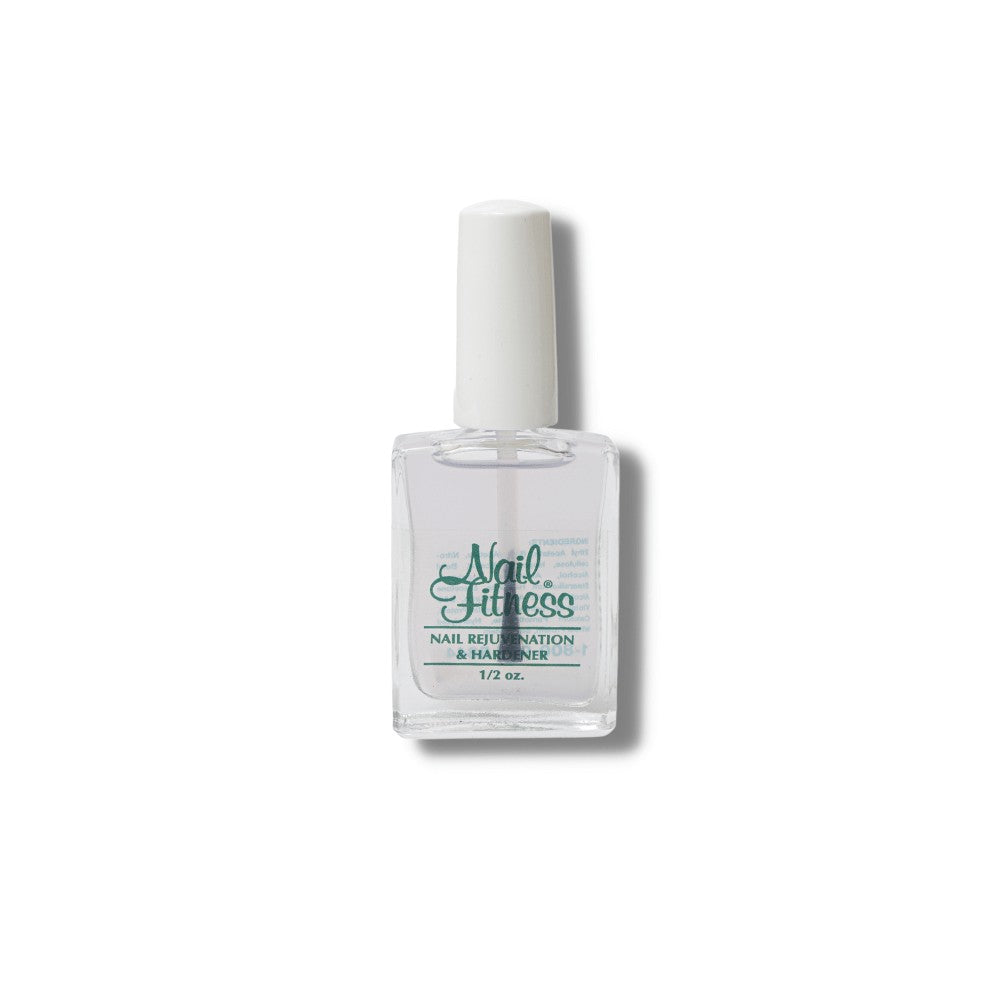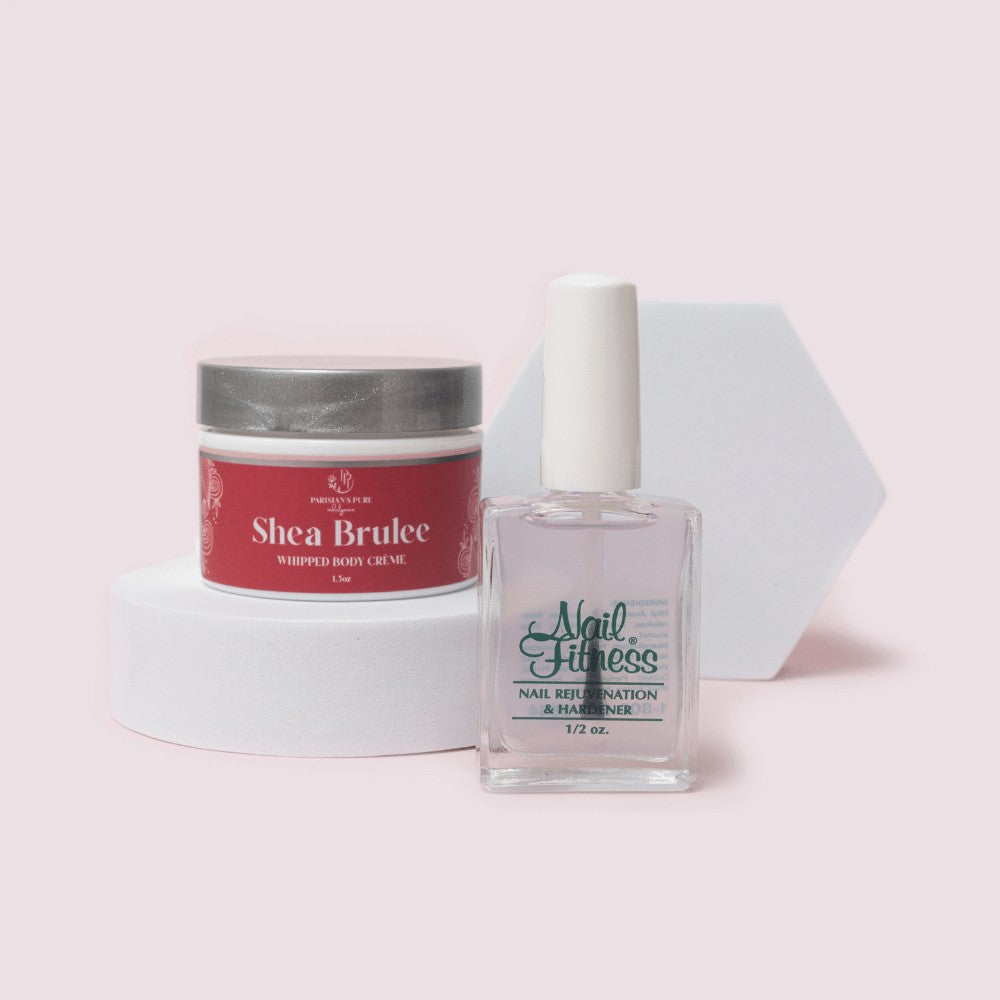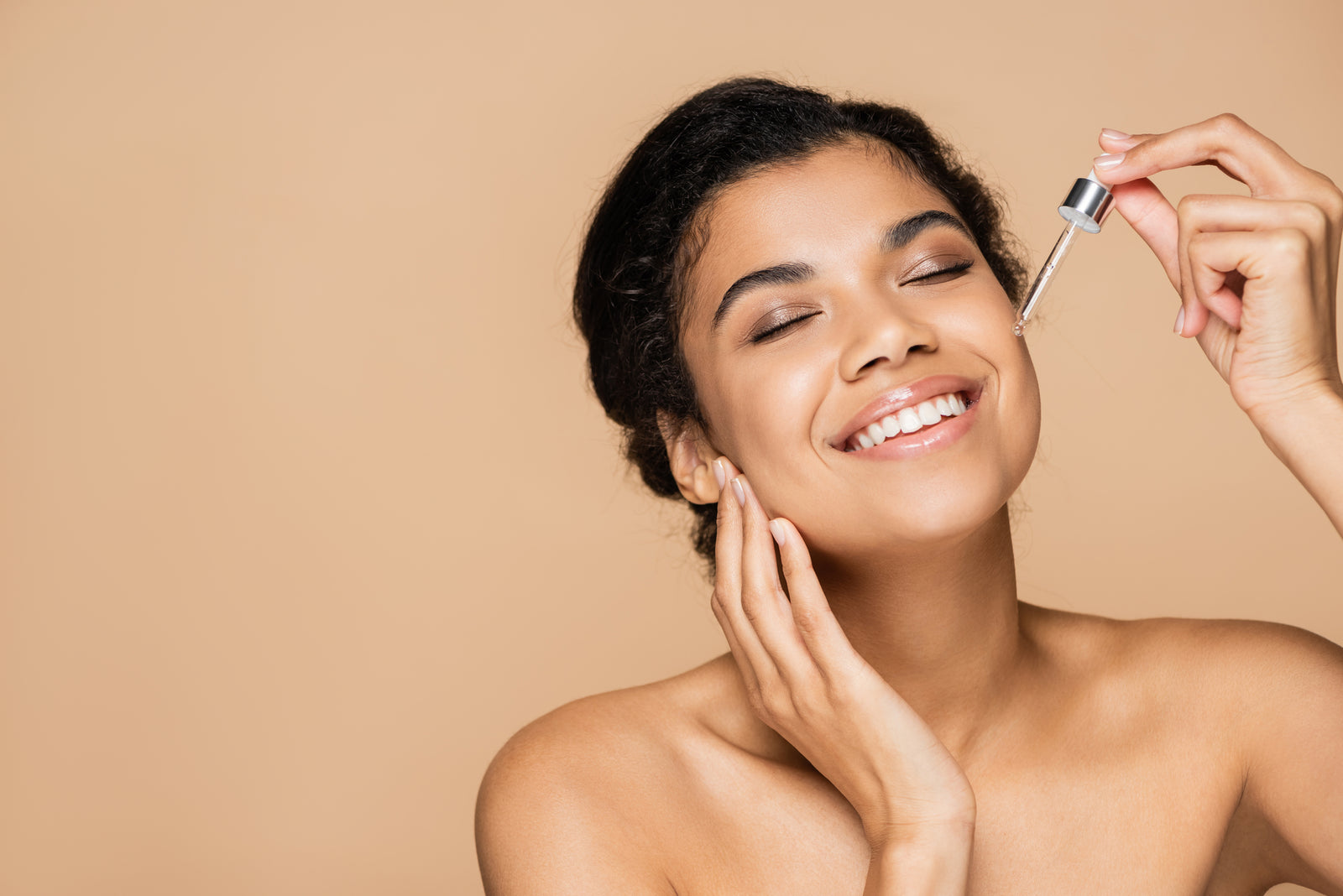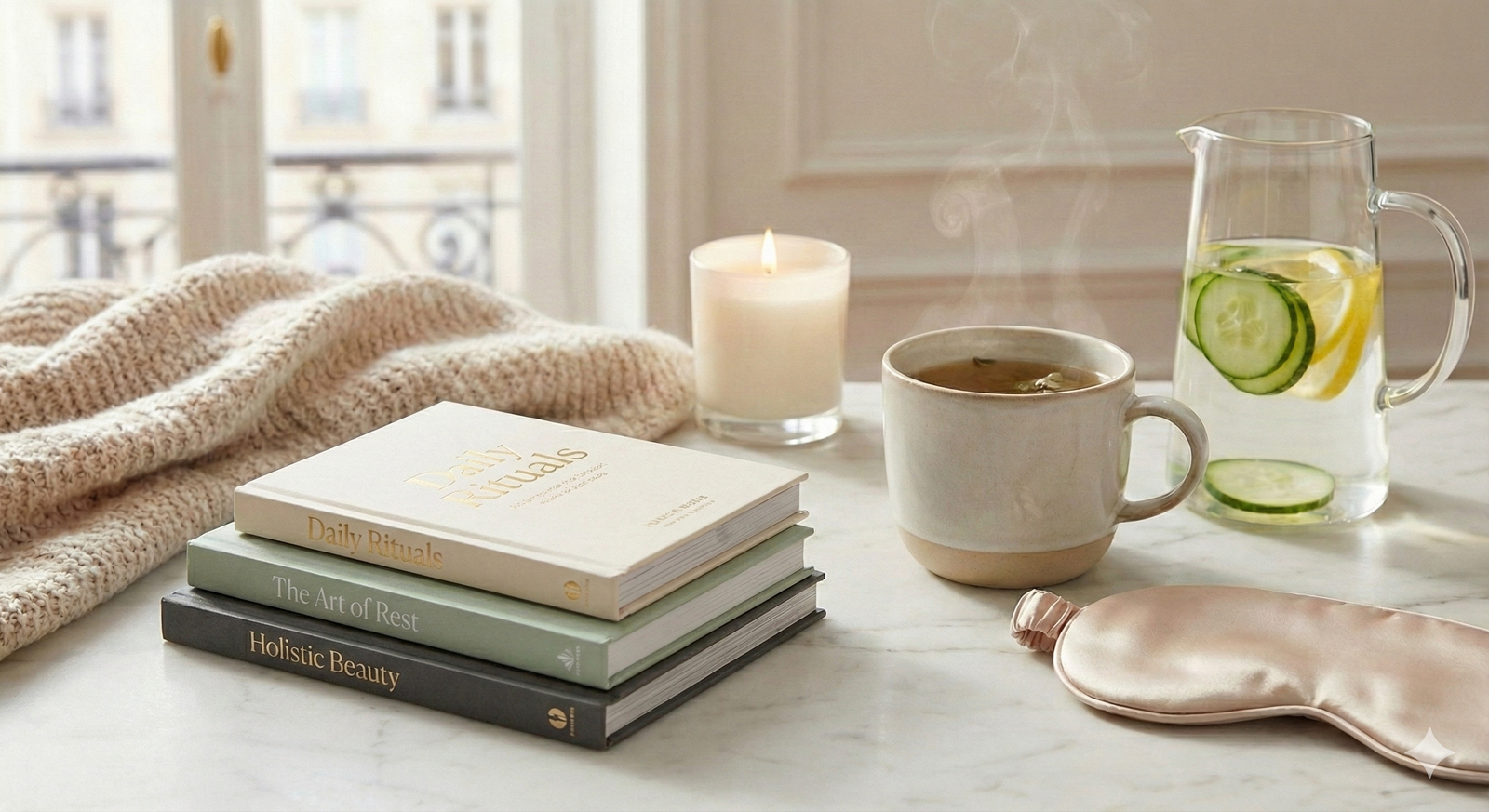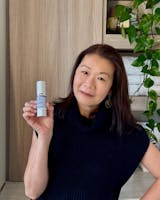Retin A, Tretinoin, and Retinol What's the difference?
Retinol is a form of retinoid, a derivative of Vitamin A. It works its magic by minimizing fine lines and wrinkles, smoothing texture, and diminishing hyperpigmentation and dark spots. This is especially important after 50 when age spots and wrinkles seem to appear overnight.
Retin A
Retin A is the brand name for Tretinoin, a prescription strength of Vitamin A. It's used for everything from treating acne to reducing the appearance of wrinkles, age spots, and other skin problems. It is also known to boost cell turnover.
Use Caution
The drawbacks to prescription Retin-A or Tretinoin are they are both drying to the skin and can cause reactions in sensitive skin, such as those with rosacea or eczema.
Retin-A is a powerful tool against aging skin and acne, but it’s not for everyone. If you’re prone to allergies or have sensitive skin, you might want to use caution.
Importantly, Retin A also makes your skin more sensitive to sunlight so be sure to use sunscreen and avoid the sun as much as you can while you use retinol products.
Tretinoin
Tretinoin is the generic name for Retin A, but don't think of it as lower quality. It's the scientific name for all forms of Vitamin A that are used for skin care. It is the active ingredient in both Retinol and Retin A and it's a powerhouse.
Retinol
Retinol is a milder form of Retinoid, a derivative of Vitamin A. It works its magic by minimizing fine lines and wrinkles, smoothing texture, and diminishing hyperpigmentation and dark spots. This is especially important after 50 when age spots and wrinkles seem to appear overnight.
Retinol is a signature ingredient in many high-end skincare lines without the side effects associated with Retin A, such as dryness and irritation.
Retinol works by increasing the production of collagen and elastin, which are the proteins that give skin its strength and elasticity. It also helps to exfoliate the skin, which can help to remove dead skin cells and reveal newer, fresher skin.
 We took our own Retinol Plus Infusion to the next level by formulating it with moisture binders (hyaluronic acid), eliminating the worry of irritation and redness.
We took our own Retinol Plus Infusion to the next level by formulating it with moisture binders (hyaluronic acid), eliminating the worry of irritation and redness.While results aren't as quick as Retin A, averaging about 8-10 weeks, they're worth the wait!
In a recent Harvard Medical School article titled, "Do retinoids really reduce wrinkles," it's reported:
"Retinoids reduce fine lines and wrinkles by increasing the production of collagen. They also stimulate the production of new blood vessels in the skin, which improves skin color. Additional benefits include fading age spots and softening rough patches of skin."
By using a moisturizer with SPF50, you can help to protect your skin from the sun's harmful rays and reduce the risk of side effects from using Retinol or Retin A.
Here are some additional tips for using retinol and Retin A safely:
- Start slowly and use a low concentration of retinol at first.
- Gradually increase the concentration and frequency of use as your skin adjusts.
- Avoid using retinol or Retin A if you are pregnant or breastfeeding.
- Talk to your doctor or dermatologist before using retinol or Retin A if you have any health concerns.
By following these tips, you can safely use Retinol and Retin A to improve the appearance of your skin.

